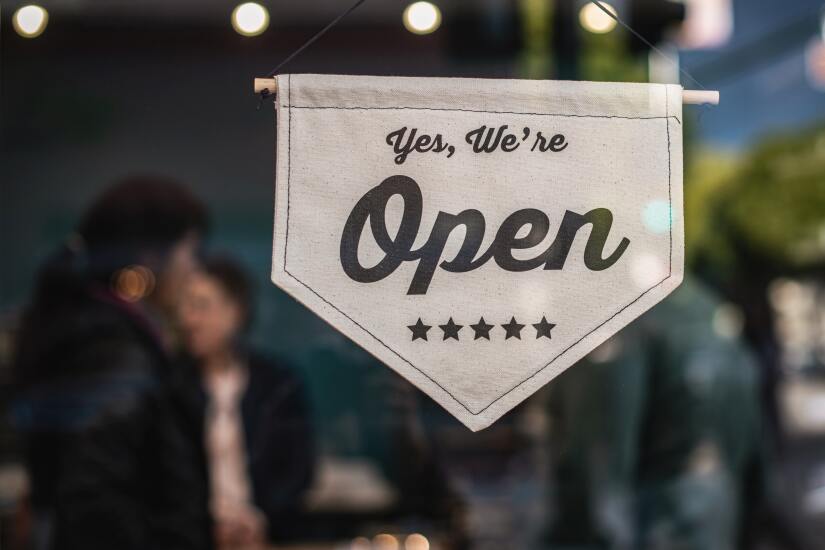Small businesses have fought tooth and nail for survival throughout the pandemic, and many fear that it’s going to get worse before it gets better.
Nearly 23% of small businesses in the United States claim that the COVID-19 pandemic had a
We may not be out of the woods yet, according to Carissa Reiniger, founder & CEO of Small Biz Silver Lining, an insights platform for small businesses. But there is light on the horizon.
“There's going to be opportunity and carnage,” Reiniger says. “There's going to be any type of reality you could imagine. And the only thing we can have control over is how we respond to it.”
Read more:
Small businesses faced a number of obstacles throughout the pandemic,
Businesses that sought funding through the CARES Act were often met with bureaucratic hassles and difficulties establishing eligibility. And the months ahead may not hold the
“[Small businesses] are going to have great days and bad days,” Reiniger says. “[They’re] going to have big wins and big losses. So how do they mentally prepare for that reality?”
Reinger shares her insight on the trials and tribulations ahead of small business owners and what they can do to keep weathering the storm.






